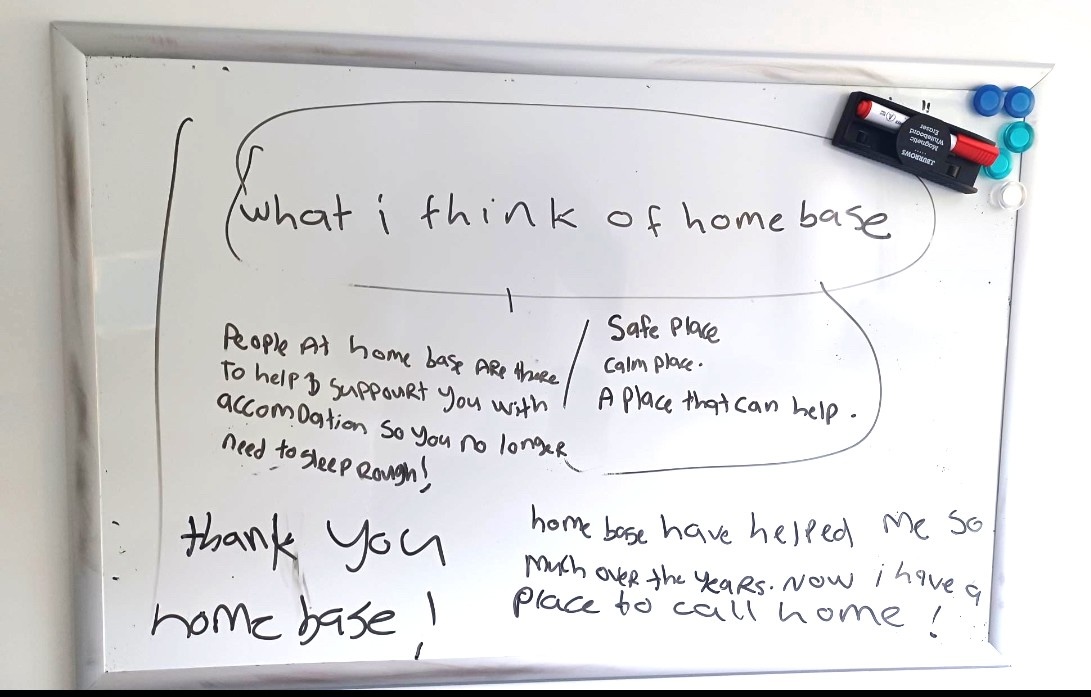HomeBase pilot building foundations for learning and tackling youth homelessness

Home Base’s Education Support Pilot for Young People experiencing homelessness has spent its first nine months breaking down the day to day barriers that keep students out of classrooms and away from work.
Funded by a Tasmanian Community Fund (TCF) grant, the five year program partners directly with crisis and transitional accommodation services across greater Hobart, embedding specialist coaches who keep young people connected to learning while they stabilise their housing.
The project is already showing that targeted, wraparound support can stop vulnerable students from slipping through the cracks.
Chief Impact Officer Clare Pearson said the program’s early momentum could be attributed to the calibre of team assembled.
“We deliberately took our time working with experts to make sure the program is evidence-based and set up for success,” she said.
“Nine months in, it’s great to see it actually off the ground and supporting the young people we hoped it would.”
“The TCF were really receptive to providing an extended timeline as they understood the complex needs of the participants and how valuable this extended support could be for their long term success.”
Each young person develops a personalised coaching plan that is reviewed weekly and bolstered by practical supports such as bus passes, refurbished laptops and transport to school.
Program Coordinator and Engagement Coach Renee Frost said it was incredible to see the impact of the program first hand.
“Many young people told us they’d bounced between services without that one consistent adult to rely on,” she said.
“That’s where the engagement coach comes in, someone who’s with them for the long haul, walking alongside them as they work toward their goals.
“One young person couldn’t even step onto school grounds without experiencing panic attacks but with daily support from their coach, they gradually built up their confidence.
“Now they’re attending school independently and even catching public transport on their own.”
Therapeutic supports are built in with participants receiving free psychological assessments at the UTAS Psychology Clinic.
“The program centres around coaching, psychological support and tutoring,” Ms Frost said.
“It’s a full wraparound model that meets young people where they’re at, whether they’re re-engaging with school or just taking the first step toward stability.”
Home Base will utilise program findings to support a possible expansion of the service to other parts of Tasmania.
“We took the time to document and formalise the program design so it could be picked up by others in future,” Ms Pearson said.
“If we can prove the model works, we believe it can make a serious dent in ending youth homelessness across Tasmania.”
With another four years to run, Home Base is poised to support more young Tasmanians in getting their lives back on track.